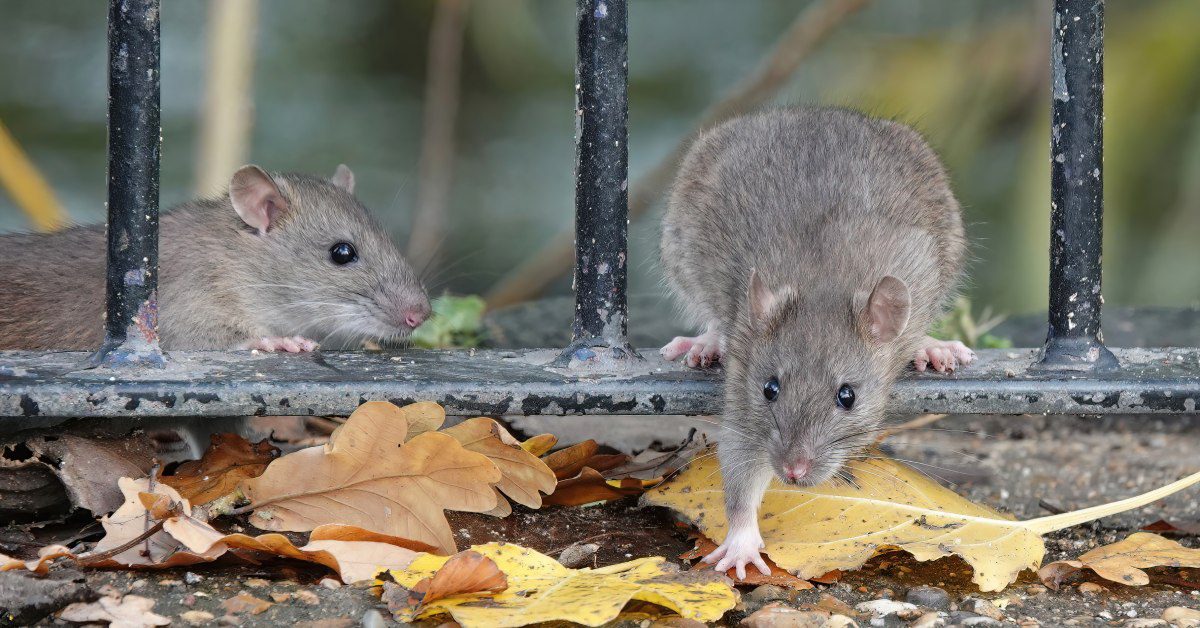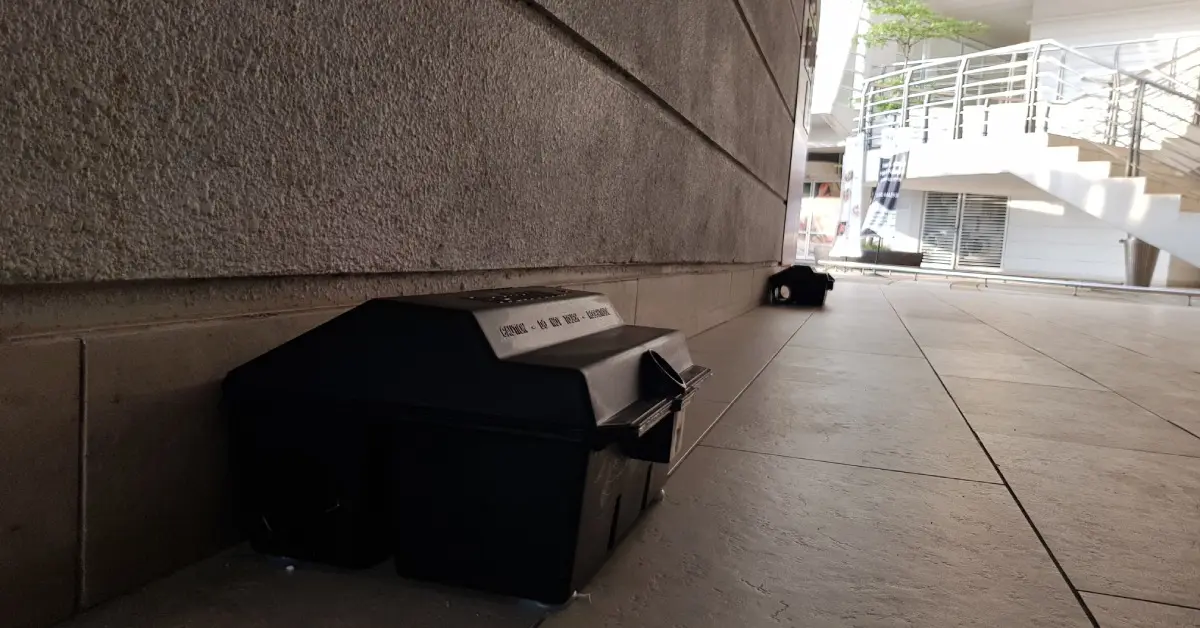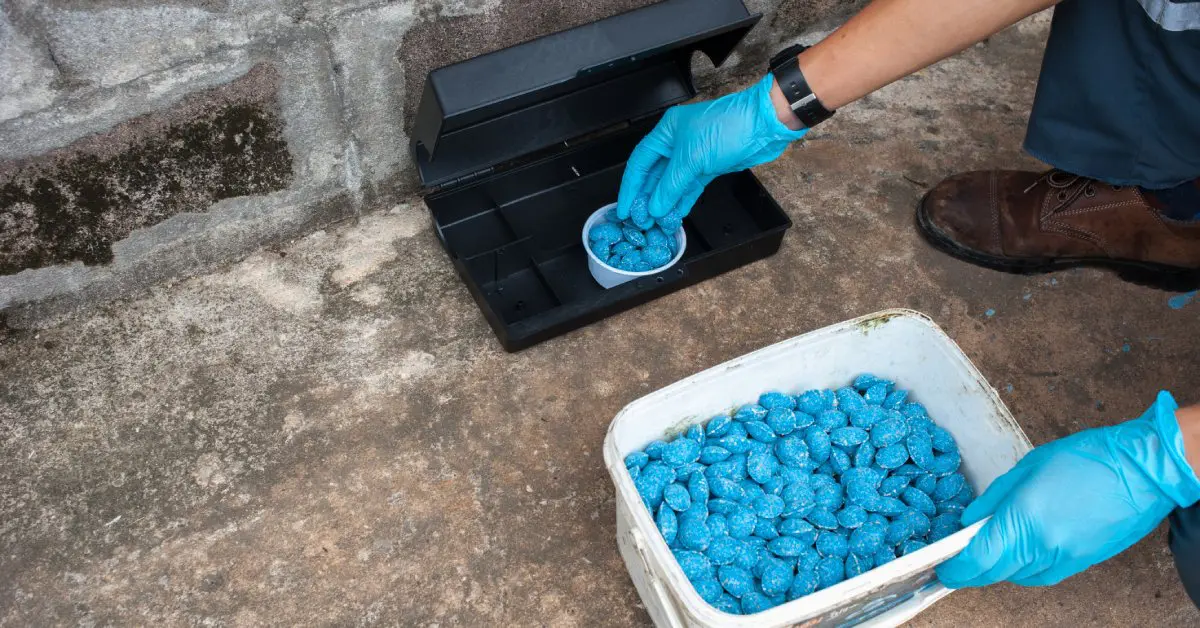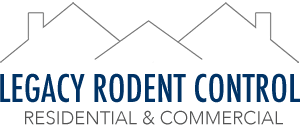
The Importance of Routine Rodent Inspections for Businesses
For businesses, maintaining a clean and pest-free environment is crucial for meeting health and safety regulations and ensuring customer satisfaction and employee wellbeing. Routine rodent inspections play a critical role in this effort, as they help to identify and address potential infestations before they escalate into serious problems. Rodents can wreak havoc by damaging property, contaminating products, and causing health hazards, which can ultimately harm a business’s reputation and bottom line. Read on to learn more about these pests and the overall importance of routine rodent inspections for businesses.
Understanding Rodent Behavior and Habitats
Rodents, including mice and rats, are highly adaptive creatures that can survive in a wide range of environments, making them formidable pests for businesses. They are typically nocturnal, preferring to forage for food and shelter under the cover of darkness. Their behavior is driven by basic needs such as searching for food, water, and safe nesting sites. Rodents have an extraordinary ability to squeeze through tight spaces, climb walls, and chew through various materials, which allows them access to areas that might otherwise be considered secure. This adaptability, combined with their keen sense of smell and touch, enables them to locate and exploit food sources that humans often overlook.
The natural habitats of rodents vary depending on the species but commonly include burrows, fields, and wooded areas. However, urban environments provide an abundance of food and shelter, making them highly attractive to rodents. Consequently, businesses located in urban settings are particularly vulnerable to infestations.
Rodents are known to proliferate rapidly, with some species capable of producing several litters within a year. For a business, this often means that even a small initial intrusion can quickly escalate into a major problem if not promptly addressed. Understanding rodent behavior and their preferences for nesting and foraging is essential for developing effective control and prevention strategies. By recognizing signs of rodent activity early and executing regular inspections, businesses can mitigate the risk of infestations and maintain a safe, pest-free environment.

Identifying Signs of Rodent Infestation
To effectively manage potential rodent infestations, businesses must be vigilant in identifying the various signs that rodents may leave behind. One of the most common indicators is the presence of droppings, which are often found near food sources, in cupboards, or along baseboards and entry points. These droppings are small, pellet-like, and dark in color, resembling grains of rice.
In addition to droppings, gnaw marks on food packaging, walls, wiring, and other materials are tell-tale signs of rodent activity. Rodents chew constantly to maintain their incisors, so finding evidence of gnawed items is a strong indication of their presence. Other physical signs may include footprints or tail drag marks in dusty areas, as well as the discovery of nests made from shredded materials like paper, fabric, or insulation.
Beyond physical evidence, there are sensory signs that may suggest a rodent problem. A foul or musky odor often accompanies rodent infestations, particularly in enclosed spaces where droppings and urine accumulate. Furthermore, businesses may notice unusual noises such as scratching or scurrying sounds within walls, ceilings, or beneath floors—especially during nighttime hours when rodents are most active. Live sightings are also a significant cause for concern, as spotting even a single rodent can suggest a larger hidden infestation. Businesses should be particularly attentive to these signs and take immediate action if any are discovered.
The Health Risks of Rodents
Rodents pose significant health risks to businesses due to their ability to carry and transmit various diseases. These pests are known vectors for illnesses such as Hantavirus, Salmonellosis, and Leptospirosis. They can be transmitted through direct contact with their droppings, urine, or saliva or indirectly through contaminated food and surfaces. Furthermore, rodents often carry parasites like fleas and ticks, which can spread additional diseases such as Lyme disease and Murine typhus to humans.
The risk of contamination is particularly high in food-related businesses where hygiene standards are paramount. When rodents infiltrate these environments, they can contaminate food products and preparation areas, compromising food safety and potentially leading to outbreaks of foodborne illnesses. The presence of rodents also contributes to decreased air quality due to the allergens found in their droppings, which can exacerbate respiratory conditions like asthma, especially in employees or customers sensitive to these allergens.
The Financial Risks of Rodents
Rodent infestations can lead to substantial financial repercussions for businesses if not managed swiftly and effectively. Damage to property is a primary concern, as rodents are known to gnaw on electrical wiring, wooden structures, and various other materials, leading to costly repairs and potential fire hazards. Additionally, the contamination of goods, particularly in industries dealing with food products, can result in significant loss of inventory and increased operational costs due to the need for thorough clean-up processes and potential wastage. Beyond direct physical damages, there are indirect costs such as increased insurance premiums and the possibility of legal actions from customers affected by the infestation. Moreover, a rodent problem can severely tarnish a business’s reputation, resulting in decreased customer trust and loyalty, which can ultimately affect revenue streams.
The Benefits of Regular Rodent Inspections
Regular rodent inspections provide numerous benefits that are indispensable for maintaining a healthy and thriving business environment. Primarily, these inspections serve as a proactive measure, enabling businesses to detect early signs of rodent presence before they escalate into full-blown infestations that can disrupt operations and tarnish reputations. By identifying vulnerabilities within the premises, such as potential entry points or food sources, businesses can take preemptive actions to seal gaps, eliminate attractants, and implement appropriate control measures. This proactive approach not only minimizes damage to property and products but also helps maintain compliance with health and safety regulations, which is crucial in avoiding fines and legal challenges.

Partnering with the Pros: How Legacy Rodent Control Can Help
Understanding the importance of routine rodent inspections for businesses is not just about responding to an infestation but about implementing a comprehensive strategy that safeguards your operations in the long run. By prioritizing routine inspections and understanding the pervasive threat rodents pose, businesses can maintain seamless operations, protect their investments, and uphold the health and safety standards their customers and employees deserve. Prevention is undoubtedly more effective and cost-efficient than dealing with the consequences of an infestation.
At Legacy Rodent Control, we understand the unique challenges that businesses face when it comes to managing pest issues. Our team of experienced professionals is committed to delivering effective and customized rodent control solutions that fit your specific needs. From thorough inspections to comprehensive action plans, our rodent exterminators in Dallas, TX, are here to help you!
